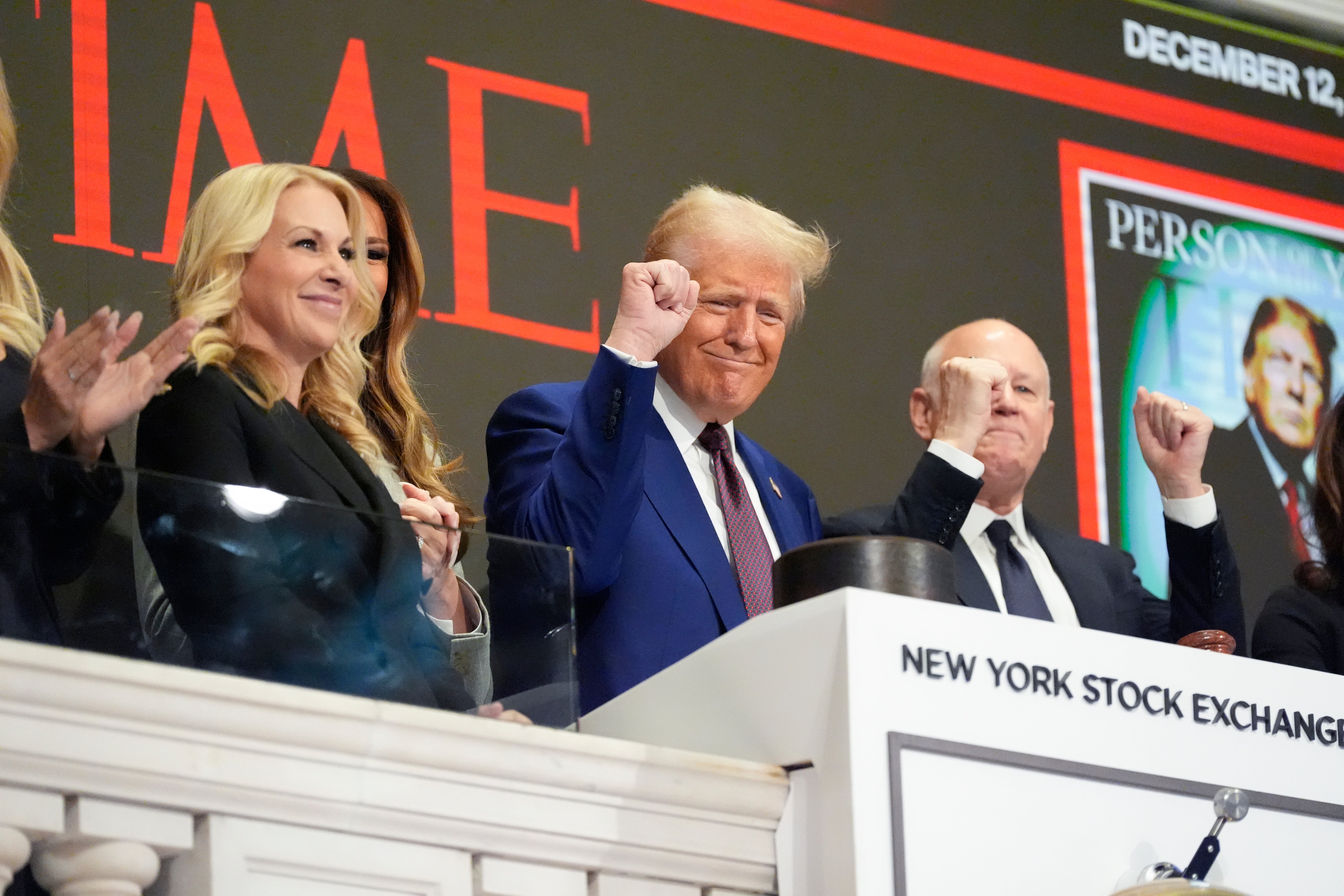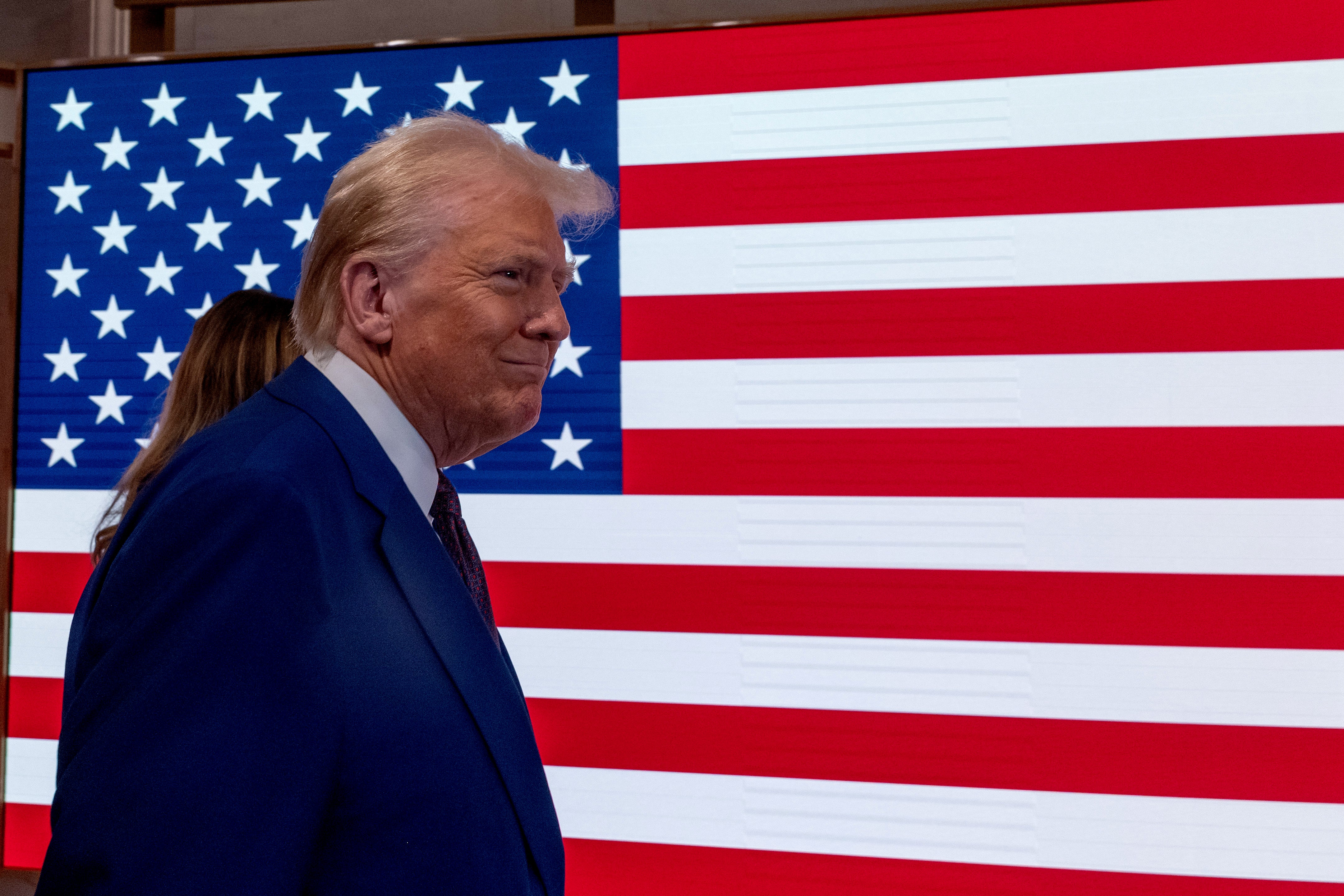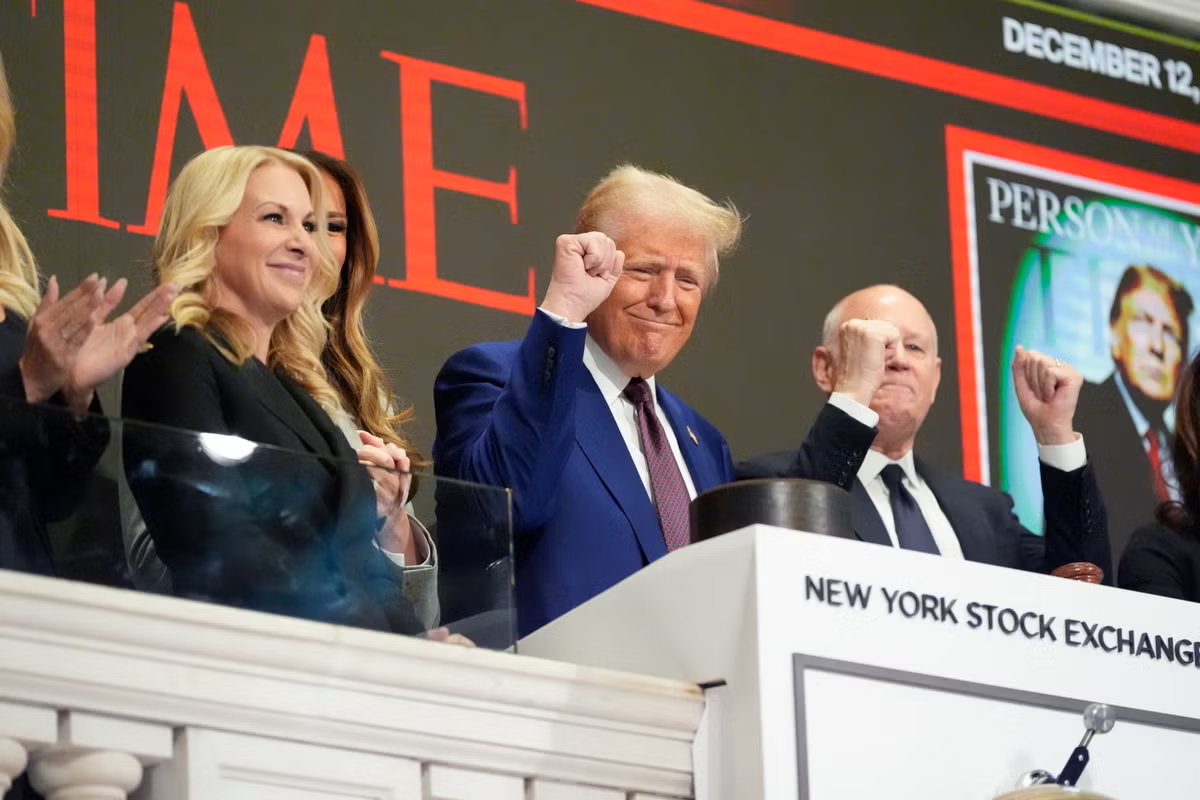Donald Trump’s transition team has reportedly looked at ways to shrink or eliminate banking oversight – a move that could have dramatic impacts on everyday Americans and protecting their money.
In interviews with candidates to oversee the banking sector, Trump advisers and DOGE – the advisory Department of Government Efficiency – officials have asked if the president-elect can abolish the Federal Deposit Insurance Corp., according to the Wall Street Journal.
Trump’s team has also asked if the FDIC could be absorbed into the Treasury Department.
Any move to eliminate the FDIC would require Congressional approval. But, if it were to happen, it would be a massive shakeup in the industry.
The FDIC was created during the Great Depression. It is designed to help bulk up faith in the nation’s banking system. Most people know the agency as it insures deposits in banks up to $250,000.
So if there was a run on a bank or one would collapse, people with up to $250,000 wouldn’t lose their money because it’s insured by the federal government.
If the FDIC went away, everyday people could lose that insurance or guarantees that their money will still be available in the event of a bank run or collapse.

Donald Trump could be looking to make a major change to one banking regulator (AP)
The WSJ report notes that while banks hope Trump will ease regulations, the FDIC insurance is considered “near sacred.” A move to eliminate that deposit insurance could cause panic among customers – and cause people to demand their money so it’s no longer at risk.
Last year, several banks failed and it caused customers to shift their money to big banks and away from smaller groups.
Sources told the WSJ that Trump’s team, which includes DOGE advisers Elon Musk and Vivek Ramaswamy, have also asked nominees about combining or restructuring bank regulators, including the FDIC and Federal Reserve.

According to reports, Trump’s team has asked about eliminating the FDIC – which helps protect Americans’ money (Getty Images)
However, former FDIC Chair Sheila Bair said any proposal to eliminate a bank regulator would struggle to gain support in Congress.
“Banks may complain, but at the end of the day, they like to have their own regulator they have a relationship with,” Bair told the WSJ. “They like the status quo.”
Major changes to bank regulations are uncommon outside of a financial crisis, according to the WSJ. Most of today’s bank rules were created after the Great Recession and Great Depression.
Democrats led the last major push to close a bank regulator with Congress ending the Office of Thrift Supervision – which oversaw lenders before the housing crisis in 2008 – and folded the agency into the Office of the Comptroller of the Currency.



